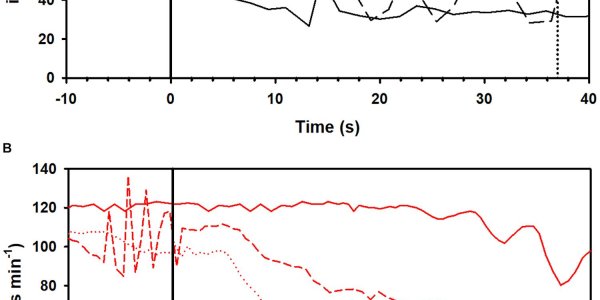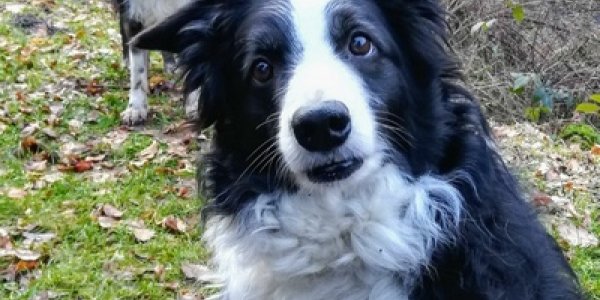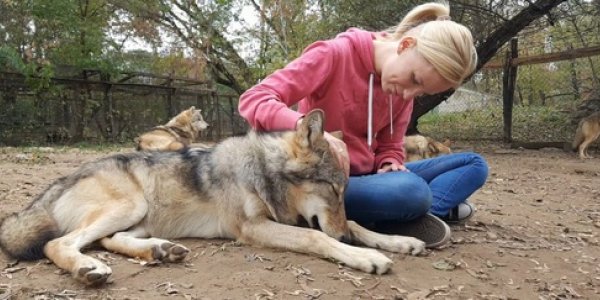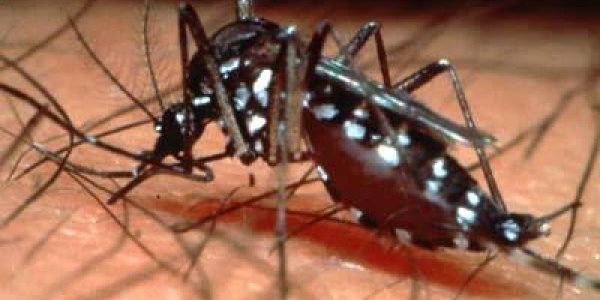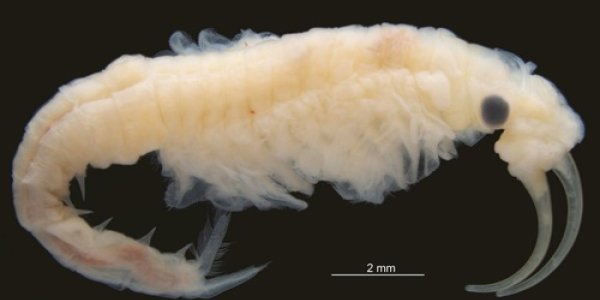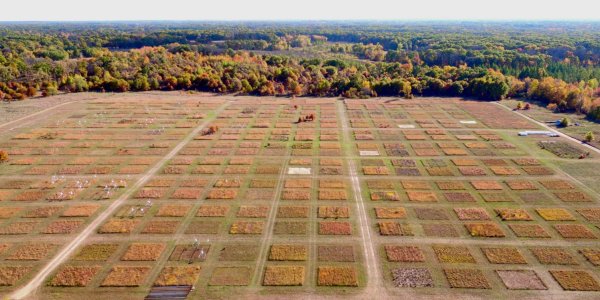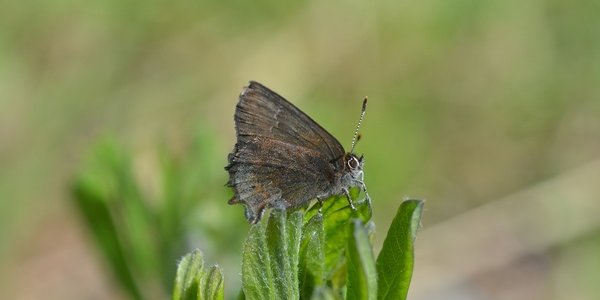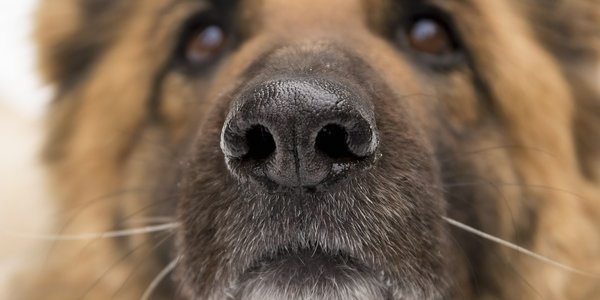Why Dolphins Don't Get "The Bends"?
In humans, if we spend time beneath the ocean and then travel to the surface, we can suffer decompression sickness, known as "the bends" - when the nitrogen in compressed air that dissolved into our…
